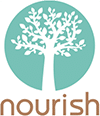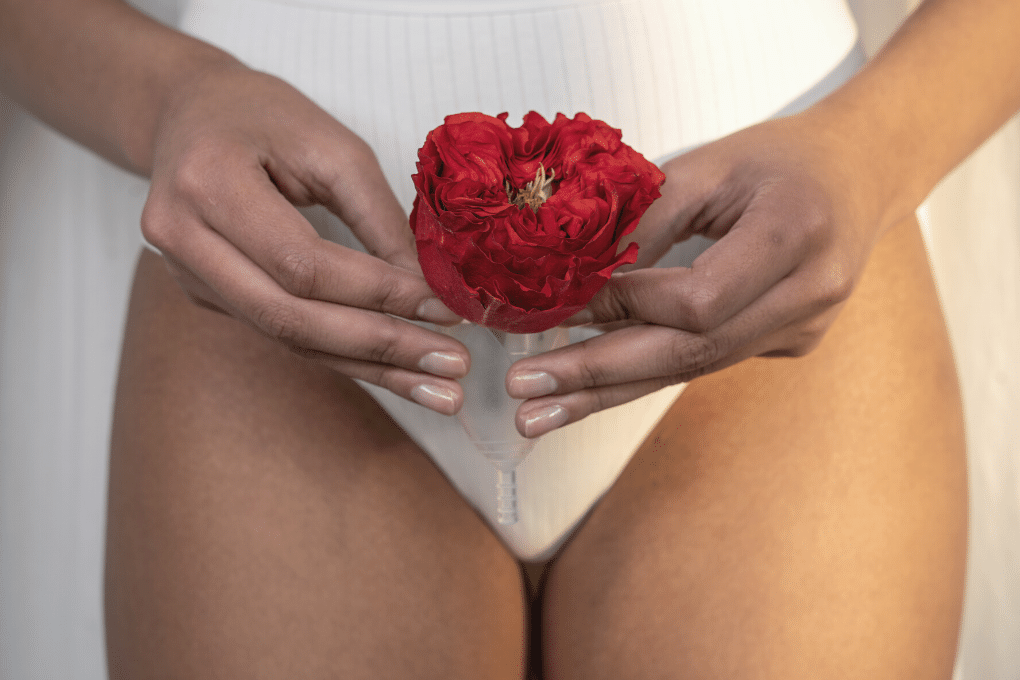-
×
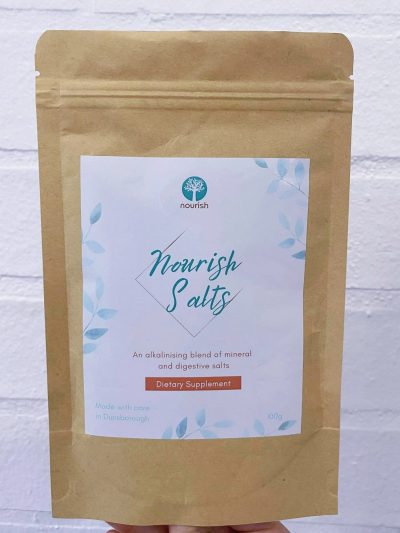 Nourish Salts (inspired from Kruschen Salts)
1 × $26.00
Nourish Salts (inspired from Kruschen Salts)
1 × $26.00
Women's Health, Pain Management
6 natural ways to reduce a heavy period
Heavy, painful periods can be debilitating. They not only can send you on an emotional rollercoaster with waves of hormonal fluctuations but they can also be painful, and very inconvenient. They can completely change the way you live your day to day life and might even prevent you from taking part in activities that you would normally enjoy. So what is going on when you have a heavy period and how can you treat them from a holistic approach?
What causes a heavy period?
Heavy periods affect 1 in 5 women in Australia but sometimes the cause can be difficult to diagnose. A woman’s menstrual cycle is influenced by fluctuations and interactions between four main hormones: oestrogen, progesterone, luteinising hormone and follicle stimulating hormone. When these hormones are not in balance or when there is a physical abnormality, such as an overgrowth of cells on the uterus or endometrial lining, a heavy, irregular and/or painful period can occur.
Some potential causes of a heavy period include Polycystic Ovarian Syndrome (PCOS affects 8-13% of women), fibroids, endometriosis, endometrial polyps, endometrial cancer, an intrauterine device (IUD), pregnancy or pregnancy complications.
It is important to note that a heavy period is not always caused by an abnormality, and for some women it might just be their biological norm. In fact, about 50% of cases have no underlying cause.
A heavy period is also subjective so what’s considered heavy for one woman might not be considered heavy for another. It is really important for women to see their doctor for proper examination if they suffer from heavy periods but try not to jump to a worse case scenario.
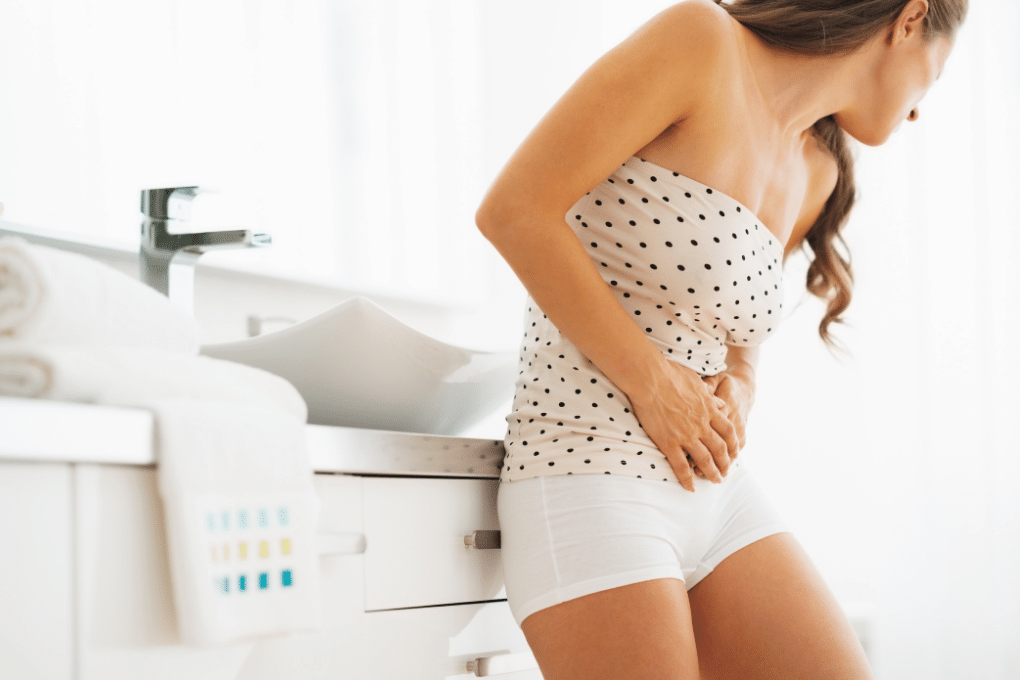
Treatment Options for Heavy Periods
Treatment options depend on the diagnosis. For the purpose of this article, we will discuss treatment options that can help manage high oestrogen levels and painful inflammation which are commonly seen with PCOS, Fibroids and Endometriosis.
A holistic approach is beneficial for managing a heavy period caused by oestrogen dominance. This approach may include a combination of pharmaceutical treatment, complementary medicines, and diet and lifestyle modification. The delicate dance between hormonal fluctuations in the body is influenced by a range of factors, including diet, stress, medications, other health conditions, and environmental factors.
On the pharmaceutical side there are a range of treatments your doctor may prescribe to help reduce bleeding. These include: anti-inflammatories, tranexamic acid, oral contraceptive, Mirena IUD and progestins. There is also the possibility of surgery in some cases.
Below are 6 holistic treatment options for a reducing a heavy period. Some of these may be used in conjunction with or in replacement of these pharmaceutical options depending on a case by case scenario.
Broccoli Seed
Broccoli Seed has two main actions that may help assist oestrogen dominant conditions. These include:
- Inducing the detoxification process of oestrogen to promote its elimination from the body
- Reducing oestrogen production in the body and supporting oestrogen metabolism.
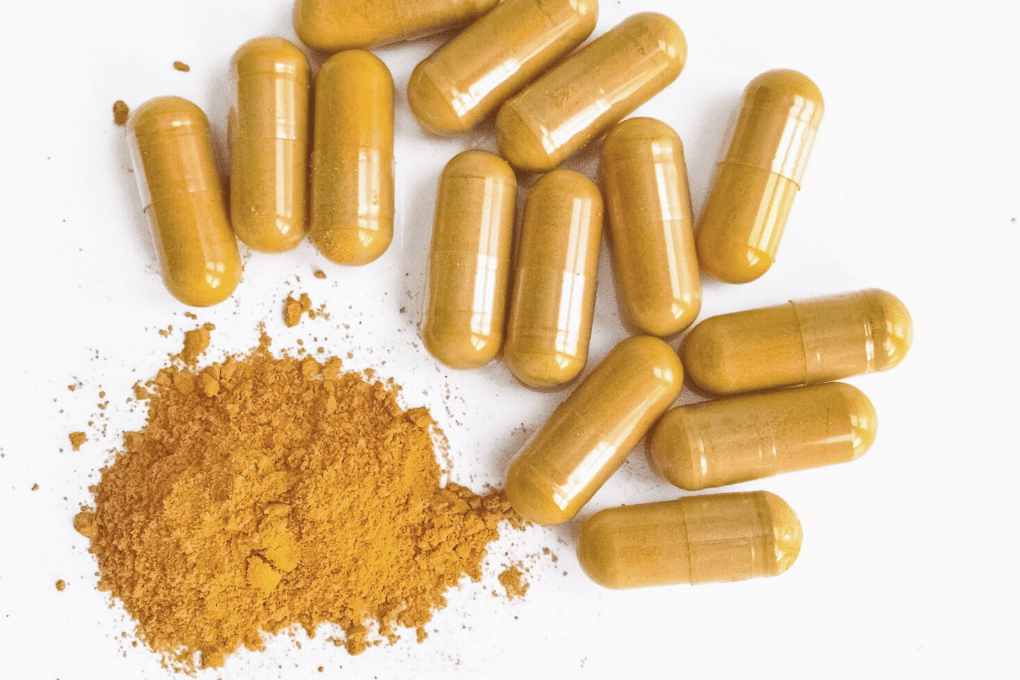
Curcumin
Curcumin (from turmeric) is a well known and studied natural anti-inflammatory. Curcumin can help minimise pain by reducing inflammation. Some studies have also shown that curcumin can reduce excessive cell growth which is one of the leading causes of endometriosis and fibroids (an overproduction of cells on the endometrial lining or uterine wall).
It is important to ensure you get a good quality curcumin that is able to be absorbed and utilised by the body (high bioavailability). We recommend speaking with a qualified health practitioner such as your pharmacist, nutritionist or naturopath for their recommendation.
Detoxification and Liver support
High oestrogen levels can occur when someone is unable to eliminate it from the body. Oestrogen detoxification is usually carried out via the liver with a process called glucuronidation. Calcium D-glucarate is a supplement that can help support glucuronidation (the detoxification pathway of oestrogen). Another supplement that can support the liver is Glutathione as it can help with general liver function.
Probiotic containing L. gasseri
Probiotics have been shown to help support the elimination of oestrogen and reduce inflammation within the body. When the body’s microbiome is out of balance, dysbiosis occurs and this can cause a build up of oestrogen.
A multi-strain high dose probiotic is recommended, specifically one that contains the strain L. gasseri within its mix. Some studies have found evidence that L. gasseri may help treat and prevent endometriosis.
Iron Supplementation
It is recommended that patients be assessed for low iron stores which can commonly occur when there is blood loss. If iron stores are low, iron supplementation is generally required. Patients may be able to get their iron stores up via their diet alone but often a combination of diet and supplementation is required.
When selecting an iron supplement, we recommend one that also contains Vitamin C, Vitamin A, folate and B12. Vitamin C and Vitamin A help with the absorption and uptake of iron by the body. Folate and B12 help support the formations of new red blood cells.

Lifestyle Factors
A range of diet and lifestyle factors should be addressed. These should be tailored to the individual to help reduce inflammation, balance oestrogen levels, and address other related health conditions such as high blood sugar levels. Lifestyle modifications include:
- Eating lots of brightly coloured plant foods as these are high in bioflavonoids and can help reduce inflammation
- Eating a low GI, high fibre diet as this can help regulate blood sugar levels. This is especially important for patients with PCOS as this condition is commonly linked with diabetes.
- Exercising regularly to ensure health weight and to maintain healthy blood sugar levels
- Reducing exposure to xenoestrogens as these can impact oestrogen levels in the body by binding to oestrogen receptors. It is recommended to avoid plastic bottles or containers with BPA, consume organic foods where possible and reduce your use of parabens (found in skincare and beauty products).
- Minimising stress factors as this can lead to an increase in cortisol which has shown to be linked to excess oestrogen levels.
Conclusion
Periods can be something many women just learn to deal with which may prevent them from seeking advice from a health professional. It is really important however to speak with your doctor or pharmacist if you are suffering from a heavy period as further testing should be carried out. If your results come back showing everything is clear, you might still benefit from some of these natural approaches however we would suggest discussing a treatment plan with your health practitioner.
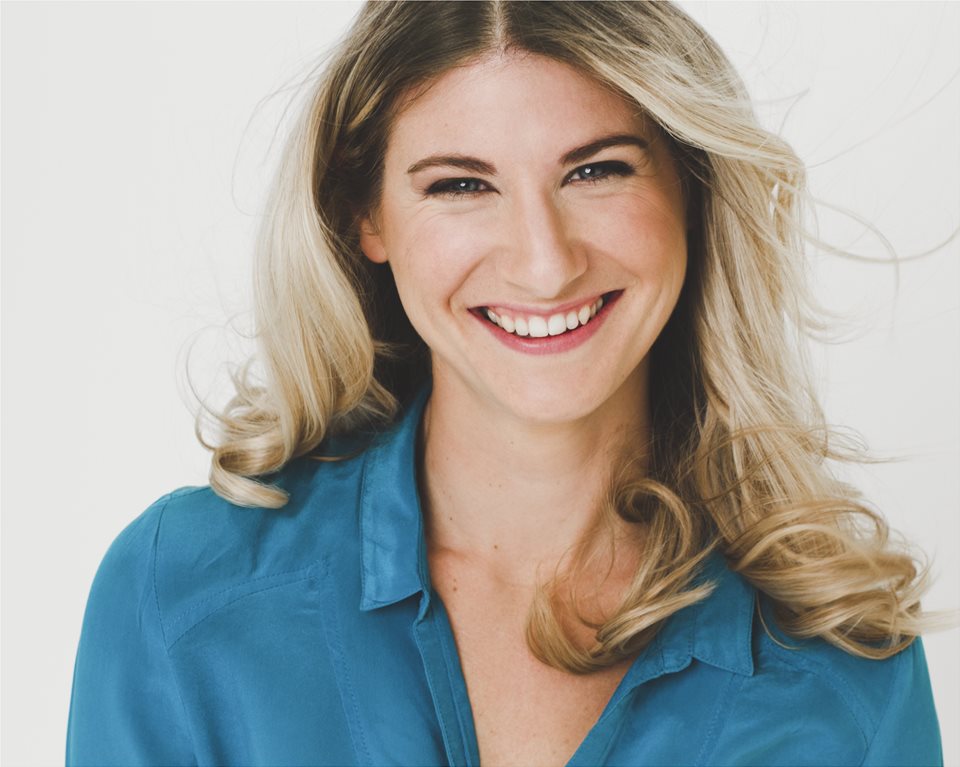
Alexandra Shepherd
Pharmacist
This blog post was written by Alexandra Shepherd, holistic pharmacist at Nourish Health.

